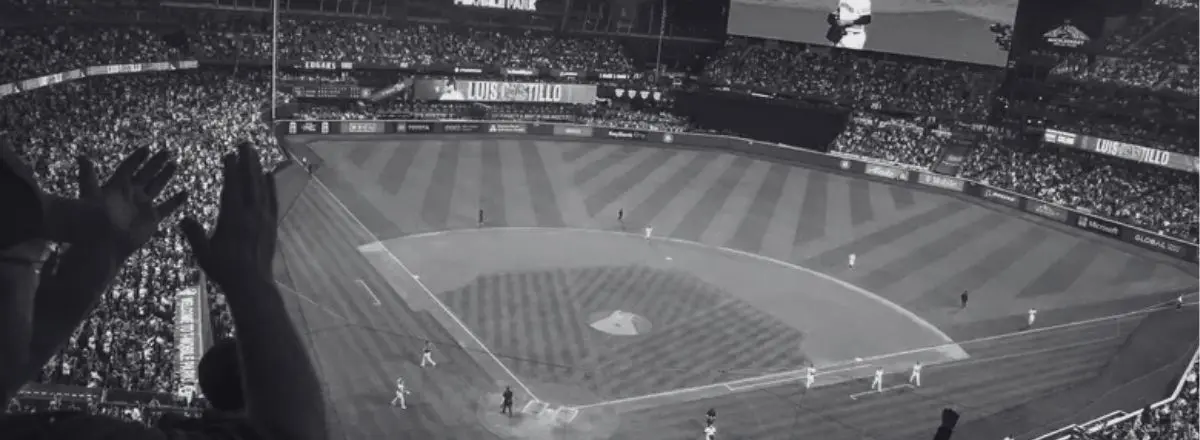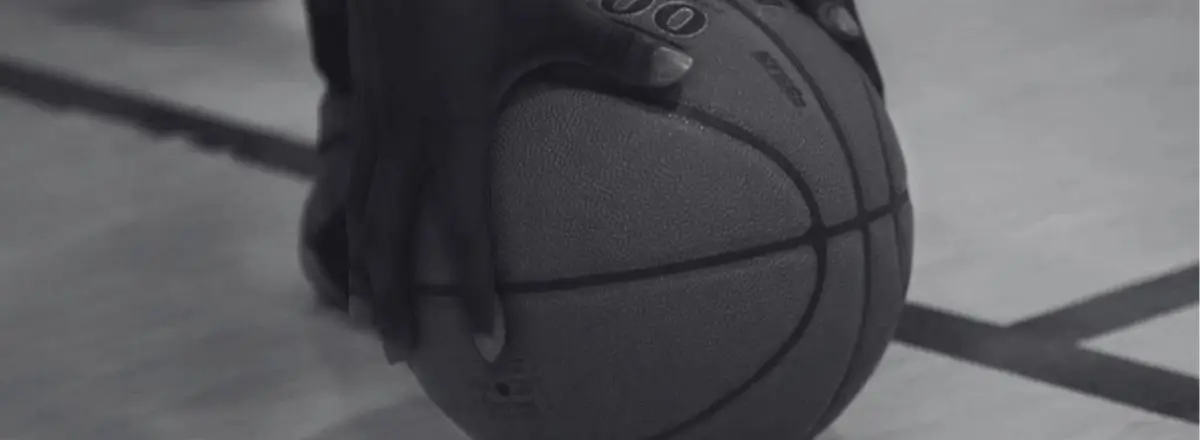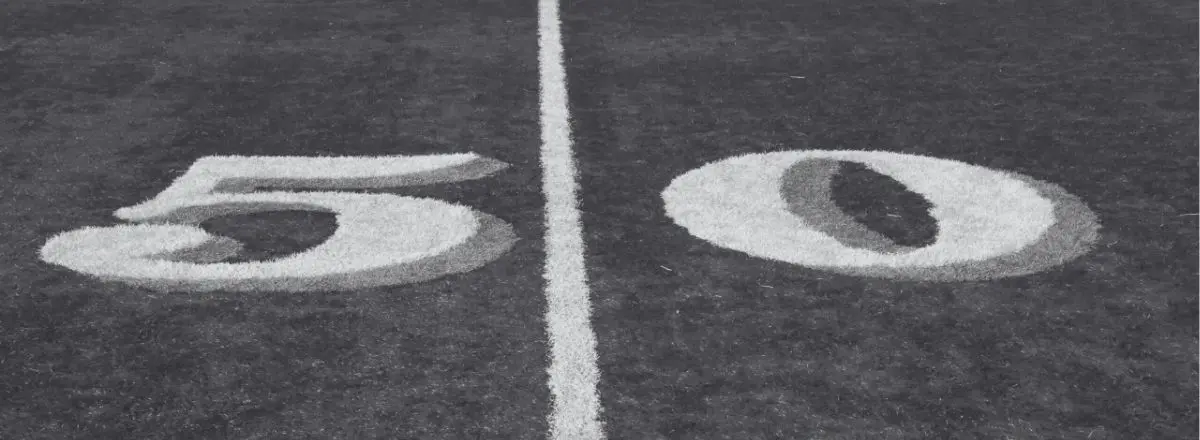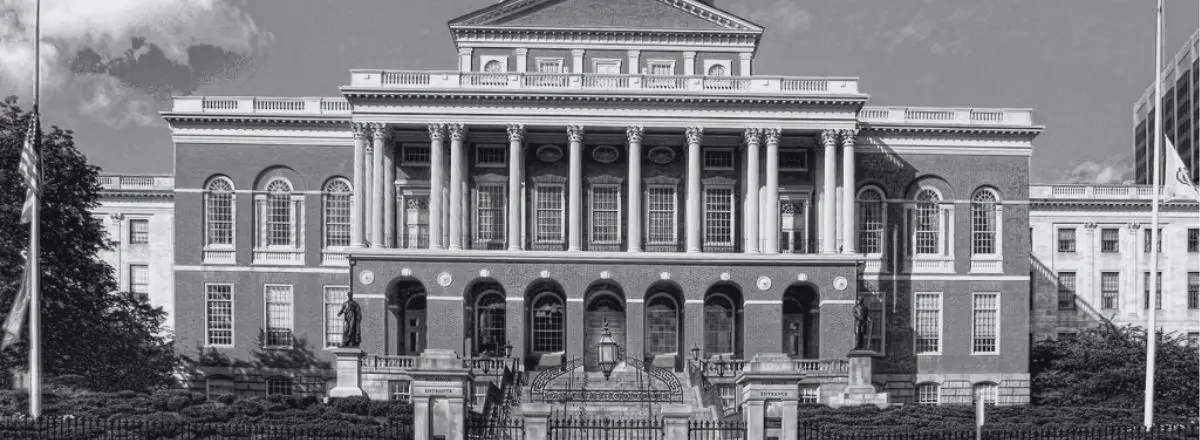Experts universally agree that the future of Idaho sports betting legalization is currently nonexistent. The Gem State has and continues to show very little interest in joining the ranks of those offering online sports betting in the USA. Nobody quite knows what it will take for that to change.
Perhaps it would be what’s happening during the MLB playoffs. More specifically, a loophole in Idaho sports betting laws that has yet to be closed could be the impetus for an actual discussion on the matter.
For anyone who pays semi-close attention to the gambling industry, you may already know that prediction markets have operators and state regulators rattled. We are not just talking about states with sports betting, either. States without legal sports gambling are trying to prevent these markets from existing.
These efforts are so far unfolding to no avail. Prediction-market operators are to this point successfully arguing that they should fall under federal regulation. This precludes them from needing a sports betting license, which requires state oversight.
What’s more, this means prediction markets can enter locations in which gambling isn’t legalized. There may not be legal Idaho sports betting, but you can purchase event-based sports contracts in Idaho via prediction-market operators.
People Are Using This Idaho Sports Betting Loophole
Fall is here, which means that betting on the MLB playoffs is crescendoing towards its apex. In previous years, Idahoans would need to use offshore sports betting sites or cross state lines to get some skin in the game. Prediction markets, however, are giving them a workaround. And make no mistake, they are using it.
Consider what one person wrote in a Facebook post that is making the rounds in The Gem State’s circles: “I live in Idaho, where sports gambling is illegal. But somehow these ‘prediction markets’ on the Robinhood app are okay. I bought 300 shares of the Mariners to win the series at $0.06 per share. If they win, each share is worth $1. Fangraphs gives them a 15% chance, so technically it's still kind of a steal at the current price of $0.12.”
Comments under the post are flooded with questions asking how this is possible. After all, this sure sounds like a form of sports betting in Idaho taking place. By law, then, it should be illegal.
This brings us to the murky, lucrative, and to this point, highly effective prediction-market loophole.
What Is The Difference Between Prediction Markets And Sports Betting?
Before we get to why this prediction-market trend could foment actual Idaho sports betting discussions, we first need to understand what’s actually happening.
In the eyes of many, there is no distinction between Idaho sports betting and Idaho prediction markets. We are not here to sway you in either direction. Instead, read this excerpt from Fast Company’s Jay Willis on the apparent difference, and decide for yourself:
“Technically, Kalshi doesn’t take bets or set odds itself, and the company carefully avoids referring to its business as ‘gambling.’ Instead, it enables customers to trade ‘event contracts’ priced between 1 and 99 cents, where the prices roughly correspond to the percentage chance that the market believes a given outcome will occur. Kalshi, which allows trading both on its own site and also through its partnership with Robinhood, makes its money on transaction fees. When the market ‘resolves,’ those who hold the winning position are paid out at $1 per share. For example, if Kalshi offers a contract for whether Justin Jefferson catches a touchdown on Monday Night Football, and Jefferson promptly reels in a 77-yard bomb and then hits the Griddy, those who bought shares in the “yes” position would get to cash in. Those who banked on Vikings quarterback J.J. McCarthy struggling to throw downfield in his regular-season debut would get nothing.”
As you can see, the primary difference is that the money being invested doesn’t stay with operators like Kalshi. It gets paid out to others who throw money into the pool, while the company assesses transaction fees.
This Could Be The Push Idaho Needs To Talk About Sports Betting
Regardless of whether you see prediction markets as a form of Idaho sports betting or not, they are serving as an alternative to gambling enthusiasts. And unlike daily fantasy sports in the United States, shutting them out of entire markets is proving difficult.
Make no mistakes, certain straights are trying. A handful have filed lawsuits while sending cease and desist letters. At this writing, though, prediction-market operators have been allowed to continue business as usual while litigation is pending.
Even if Idaho state legislators ultimately don’t see event-outcome contracts as gambling, they have to see they’re leaving potential tax revenue on the table. That has always been the case with regards to sports betting. But passing on the earning potential is different when that money isn’t still being spent inside the state.
Contrary to theoretical Idaho sportsbooks, though, these operators are not subject to the same kind of taxes. Sports betting sites typically pay higher fees. In some markets, they are required to fork over 50 percent of their revenue.
Prediction-market operators are not in the same boat. And if The Gem State cannot do anything to stymie their operations, they could relent and decide it’s time to at least explore the legalization of sports betting.
To be sure, this logic is not a sure thing. But what’s happening during the 2025 MLB playoffs, in particular, is arguably the most convincing reason yet for policymakers to have an actual discussion about Idaho sports betting during their next round of legislative sessions.
Take a look at this list of the top online sportsbooks so you can find one that works for all of your sports betting needs:
-
EXCLUSIVE BONUS
 50% bonus up to $250Play Now
50% bonus up to $250Play NowT&C apply, 18+, Play responsibly
-
EXCLUSIVE BONUS
 125% up to $1,250Play Now
125% up to $1,250Play NowT&C apply, 18+, Play responsibly
-
EXCLUSIVE BONUS
 225% up to $3,625Play Now
225% up to $3,625Play NowT&C apply, 18+, Play responsibly
-
 50% bonus up to $250Play Now
50% bonus up to $250Play NowT&C apply, 18+, Play responsibly
-
 125% up to $2,500Play Now
125% up to $2,500Play NowT&C apply, 18+, Play responsibly












